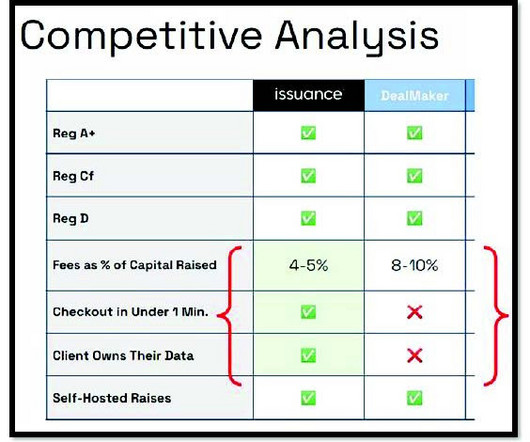claims about legality of insurance service are falsifable
43(B)log
SEPTEMBER 6, 2023
Route sued for breach of contract, commercial disparagement and defamation per se, intentional tortious interference with contractual relations, false advertising, and contributory trademark infringement. The breach of contract claim survived. Heuberger was a Route customer who then launched a competitor, Navidium.













Let's personalize your content